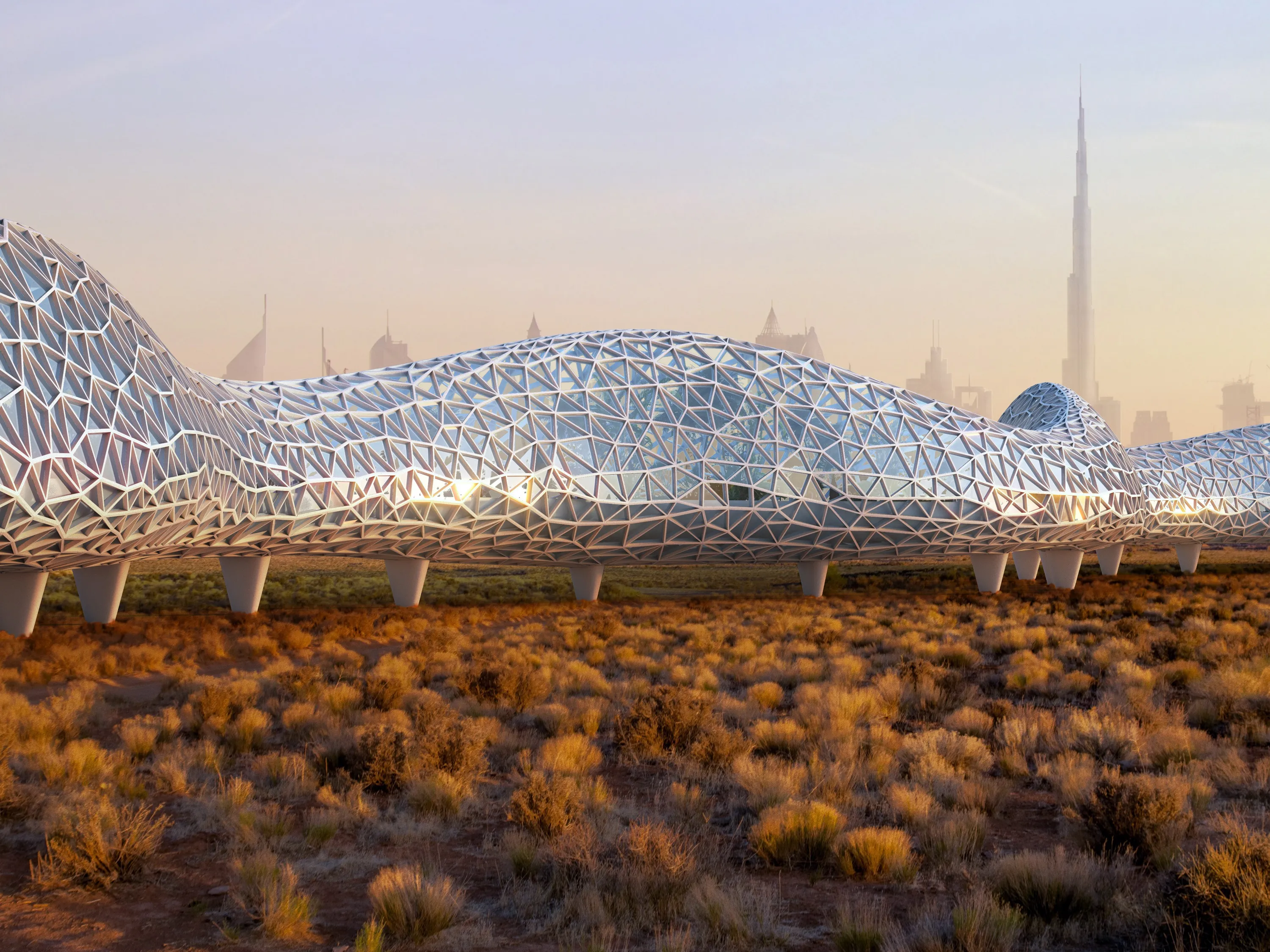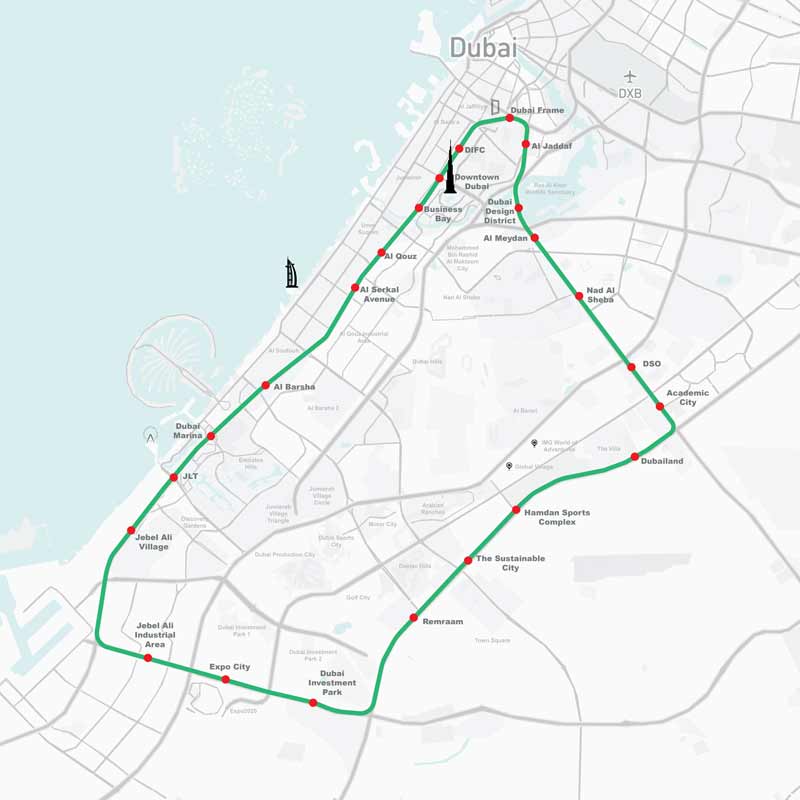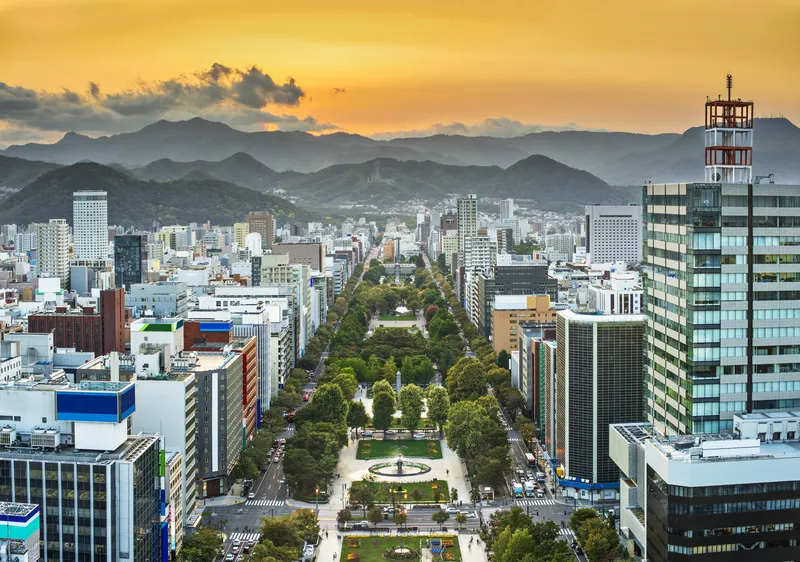
A 93km-long "sustainable urban highway" is planned in Dubai, United Arab Emirates.
Designed to reduce car and taxi dependency, The Loop will enable urban residents "to walk or cycle to essential amenities within a few minutes from their homes", according to sustainable city developer URB.

This will be done in an "enjoyable climate-controlled all-year environment" with the aim of making bike and foot the primary daily commuting modes for of transport for more than 80% of Dubai’s residents by 2040.
URB says the project is in line with Dubai’s ambition of becoming a '20-minute city', part of the city's Dubai 2040 plan, which focuses on sustainable development.
Between 1960 and 2020, the population of Dubai has multiplied 80 times from 40,000 to 3.3 million, while the urban and built area of the emirate increased 170-fold from 3.2 square km.
URB says "better connectivity, resilient infrastructures and shared facilities for neighbourhoods" will be the result of The Loop, connecting more than three million residents to key services and locations.
URB CEO Baharash Bagherian says: "Dubai is currently primarily built for car travel. It’s major road infrastructures and networks have disconnected communities by walking or cycling, thus we need an entrepreneurial mindset in reconnecting these neighbourhoods, whilst making cycling or walking the primary mode of transport all year round to any part of the city.”
URB says there is currently "a big gap" in the connections between cycling & public urban transport.
"The more the two are integrated, the easier it will become for Dubai’s residents to combine cycling and public transport on their daily commutes over a long distance," the company continues in a statement.
"Safety and year-round useability are some of the critical issues, which The Loop also provides. The Loop is thus a paradigm shift from car-centric infrastructure to people-centric infrastructure. It will make urban mobility a joyful experience for Dubai residents whilst also making them healthy."










